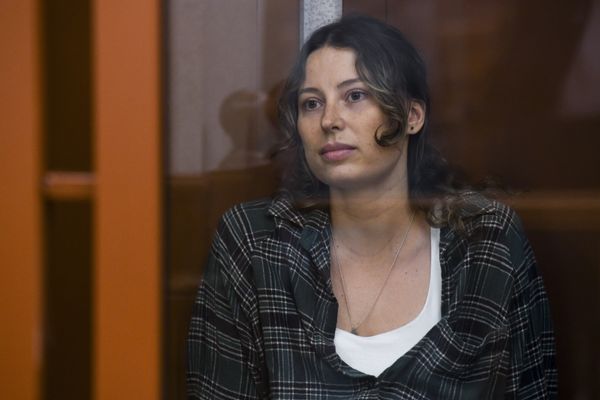
Russia warned the West on Monday that a deal allowing Ukrainian grain to be exported from the Black Sea would cease unless a United Nations agreement aimed at overcoming obstacles to Russian grain and fertiliser exports was fulfilled.
The United Nations and Turkey brokered the Black Sea deal for an initial 120 days in July last year to help tackle a global food crisis that has been aggravated by Moscow's invasion of Ukraine, one of the world's leading grain exporters.
Russia has repeatedly warned it will allow the deal to expire because of obstacles to its own exports of grain and fertiliser caused by Western sanctions, but on May 17 Moscow agreed to extend for two more months.
"If everything remains as it is, and apparently it will, then it will be necessary to proceed from the fact that it [the deal] is no longer functioning," Russian Foreign Minister Sergei Lavrov said during a visit to Nairobi when asked if the Black Sea deal should be extended again.
Lavrov, whose visit to Kenya is the first step of a tour of Africa, said the United Nations-Russia memorandum had not been fulfilled "at all". The UN-Russia agreement was reached at the same time as the Black Sea deal.
While Russian exports of food and fertiliser are not subject to Western sanctions, Moscow says they are hampered by restrictions on payments, logistics and insurance.
GRAINS AND FERTILISERS
Russia and Ukraine are two of the world's key agricultural producers, and major players in the wheat, barley, maize, rapeseed, rapeseed oil, sunflower seed and sunflower oil markets. Russia is also dominant in the fertiliser market.
Lavrov, who has visited the African continent at least three times this year, said that less than 3% of the 30 million tonnes of grain exported under the Black Sea deal had reached the world's poorest countries.
He said that Russia had agreed to give away around 300,000 tonnes of Russian fertiliser stuck in European ports.
Russia's Uralchem-Uralkali Group said on Monday that a consignment of 34,000 tonnes of fertilisers for Kenya had reached the port of Mombasa. The shipment, comprising potash, urea and NPKS, is currently being unloaded, it said.
It was Uralchem's second donation from fertiliser stuck in European ports and warehouses. A 20,000 tonne load of complex fertiliser was handed over to Malawi in early March.
"The disruptions in international supply of crop nutrients that we all witnessed lately have severely increased the risks of famine in many parts of the planet and put hundreds of millions of people at the brink of starvation," Uralchem CEO Dmitry Konyaev said.
(Editing by Gareth Jones)










